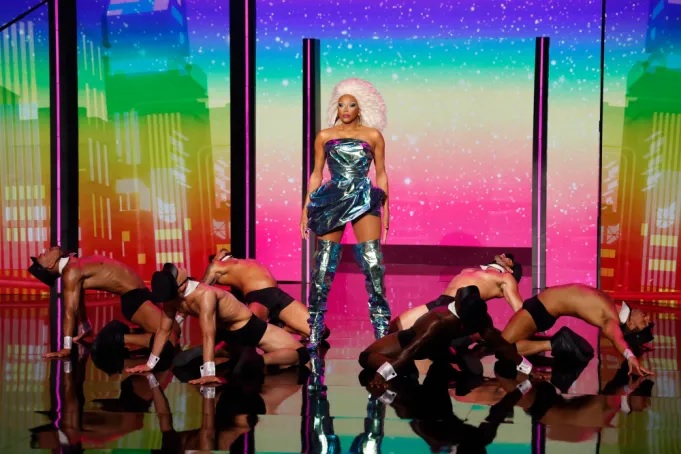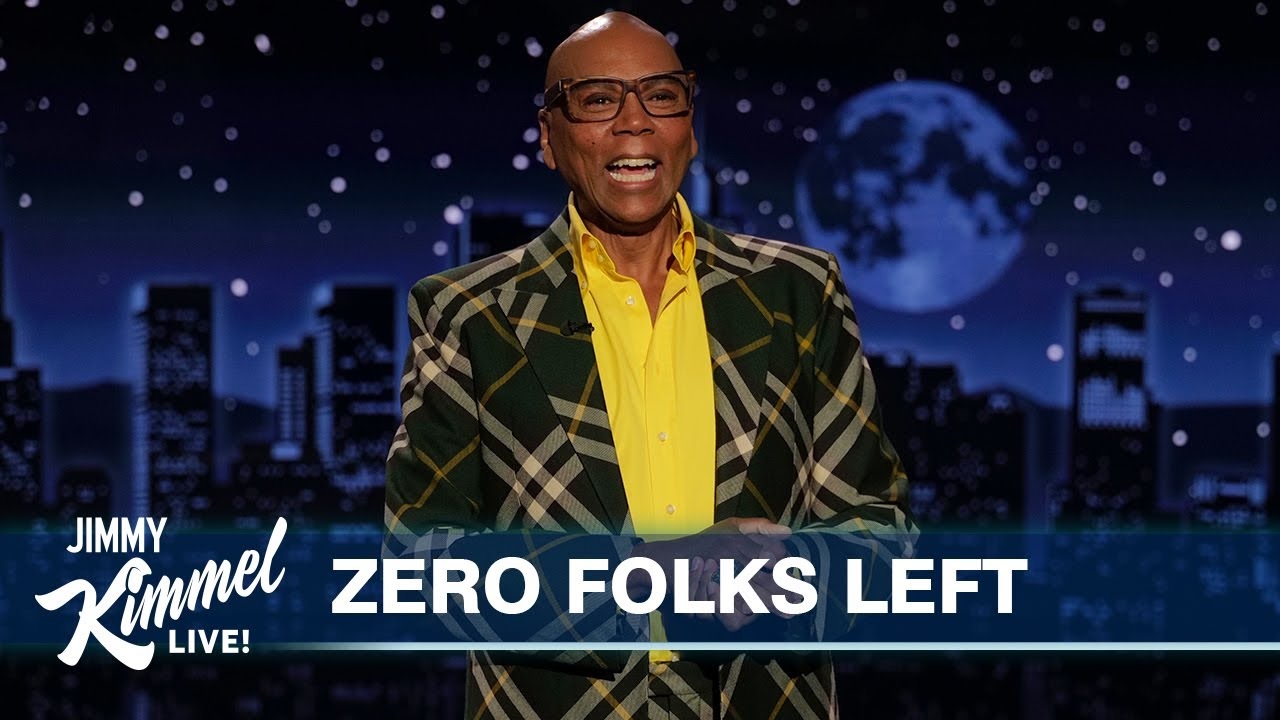Since its modest debut on Logo TV in 2009, “RuPaul’s Drag Race” has transformed from a niche show into a cultural phenomenon, drawing high ratings, awards, and a legion of dedicated fans. Beyond the glitz, glamour, and fierce competition, the show has become a vital space for the queer and transgender community, offering both representation and refuge.
Amid a backdrop of increasing anti-LGBTQ+ legislation and restrictions on drag performances in various states, “RuPaul’s Drag Race” has emerged as more than just entertainment; it’s a political statement. RuPaul, the iconic host and creator, has long maintained that drag is inherently political, and the show reflects this ethos without being overtly political.

Michelle Visage, a mainstay judge, producer, and host of the upcoming “Drag Race Down Under,” emphasizes that drag itself is a bold statement against societal norms. “For us, drag is political. It’s the F-U to society,” Visage asserts.

The show’s impact goes beyond the runway. The production company, World of Wonder, has partnered with the ACLU to establish the Drag Defense Fund, supporting the fight for LGBTQ+ rights. The show’s advocacy is reinforced by guest judges like former House Speaker Nancy Pelosi and Rep. Alexandria Ocasio-Cortez, who have used their appearances to promote voter registration. Vice President Kamala Harris’ recent appearance on the “All Stars” finale, where she encouraged viewers to register to vote, left a lasting impression, especially as she announced her presidential candidacy shortly after.
Music, a recurring element in the series, took on a political dimension in Season 16, with a challenge centered around the song “Power.” Written by guest judge Leland, the lyrics emphasized the importance of voting and empowerment. Choreographer Jamal Sims translated this message into movement, ensuring the queens’ performances resonated with the song’s empowering themes.

Each season introduces a new set of queens, bringing fresh stories and perspectives that resonate with viewers. Season 16 was no exception, with Nymphia Wind making history as the first East Asian queen to win. Her victory provided a global platform for representation, particularly for Asian communities who have long been underrepresented in Western media.
The show’s diversity extends to the topics it tackles, from homophobia to mental health, providing both education and understanding for younger viewers and their parents alike. Visage, who has been with the show since Season 3, acknowledges how the show has opened her mind and fostered conversations that were absent in her upbringing.

As “RuPaul’s Drag Race” continues to push boundaries and break records, it remains a powerful force in both entertainment and activism. The show’s ability to bring people together, even in the face of adversity, is a testament to its enduring relevance. Visage sums it up best: “It’s a place for everybody to feel like they belong.”


